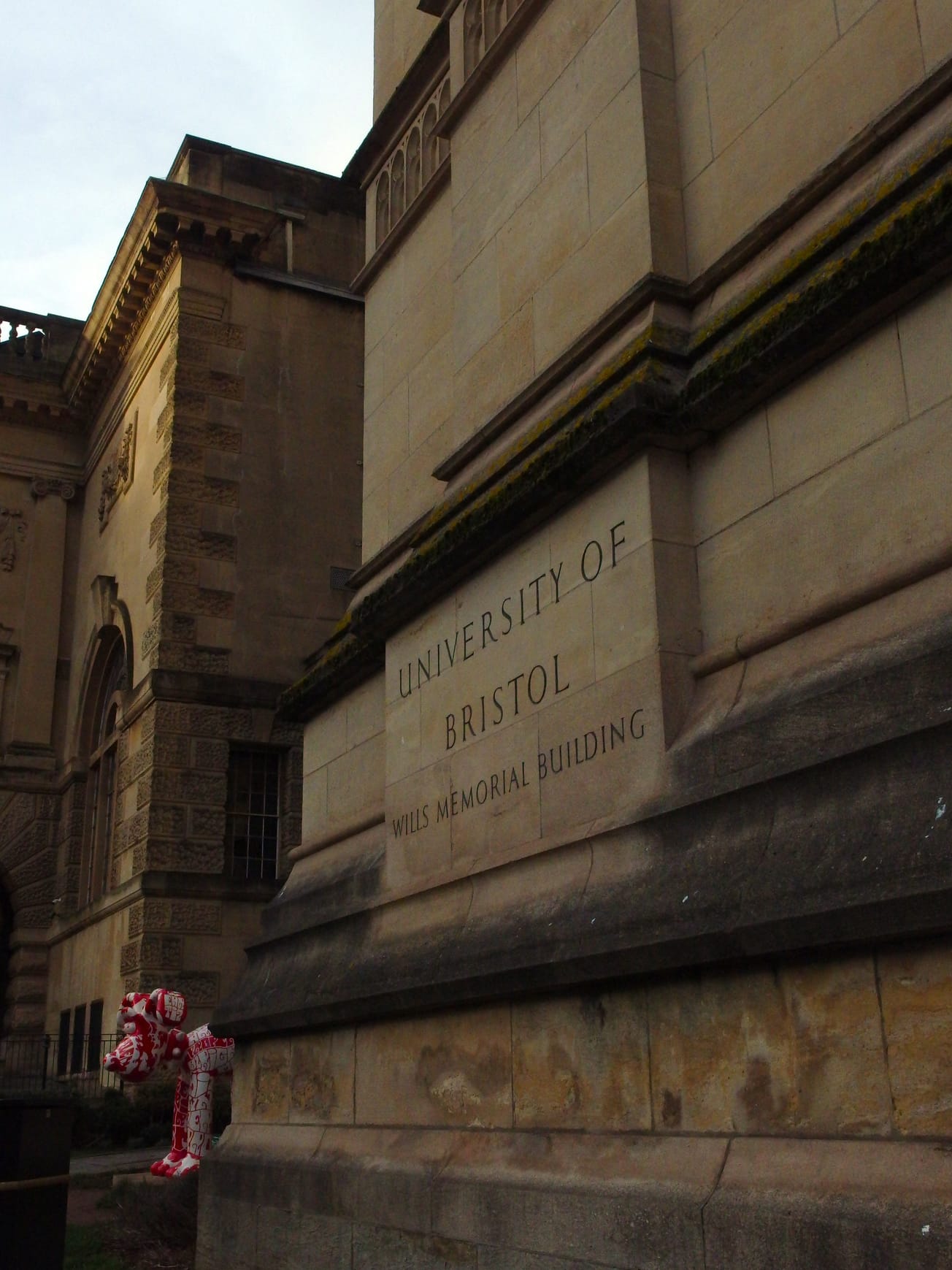Mark Ross, Co-Editor-in-Chief
The University of Bristol has announced that it is appealing a part of the court’s ruling on the recent Natasha Abrahart court case.
Abrahart, a second-year physics undergraduate, took her own life in April 2018. She had suffered with severe social anxiety since childhood.
Natasha’s parents believe the university did not do enough to accommodate her needs, suing the university under the Equality Act on the grounds of negligence and disability discrimination in March.
In May of this year, a judge ruled that the university discriminated against Natasha by failing to accommodate her mental health disability. He ordered the university to pay damages of £50,000.
The University is appealing the judge’s finding that they were in breach of the Equality Act.
The University has issued the following statement:
‘We would like to make it clear that this appeal is not against the Abrahart family, nor are we disputing the specific circumstances of Natasha’s death. We remain deeply sorry for their loss and we are not contesting the damages awarded by the judge.
In appealing, we are seeking absolute clarity for the higher education sector around the application of the Equality Act when staff do not know a student has a disability, or when it has yet to be diagnosed.
In Natasha’s case, academic and administrative staff assisted Natasha with a referral to both the NHS and our Disability Services, as well as suggesting alternative options for her academic assessment to alleviate the anxiety she faced about presenting her laboratory findings to her peers.
However, the judgement suggests they should have gone further than this, although Natasha's mental health difficulties had not been diagnosed. Understandably, this has caused considerable anxiety as it puts a major additional burden on staff who are primarily educators, not healthcare professionals.
It is important that students and their families are clear on what universities can and cannot do, and that students receive appropriate specialist care under the NHS should they need it’.
Samaritans' guidelines for reporting suicide: https://media.samaritans.org/documents/Media_Guidelines_FINAL.pdf and those specific to reporting about youth suicide: https://media.samaritans.org/documents/Guidance_on_reporting_youth_suicides_and_suicide_clusters_FINAL.pdf









